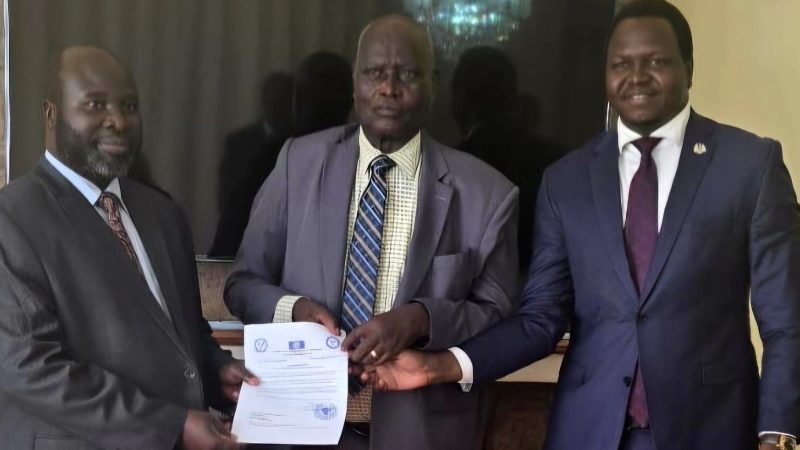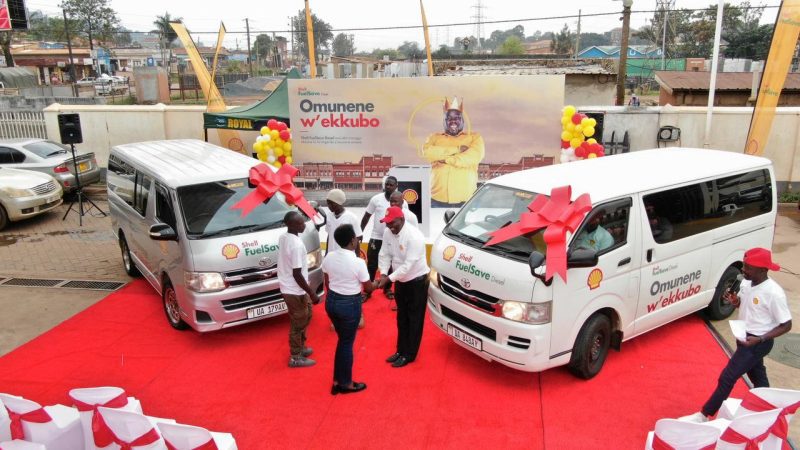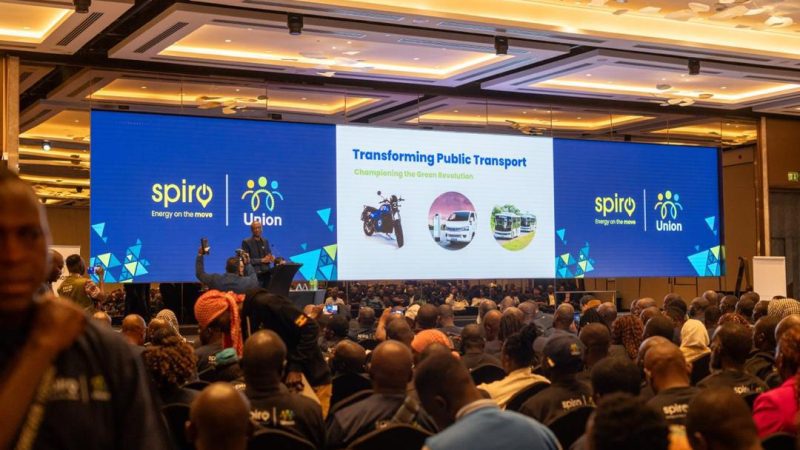Suspicion is brewing about possible connivance by some Uganda Revenue Authority (URA) personnel regarding the issuance of seals to aid the easy movement of charcoal by commercial dealers out of Northern Uganda.
Uganda People’s Defence Forces (UPDF) personnel in July this year intensified the implementation of Executive Order No. 3 issued by President Museveni in May 2023, which banned the felling of trees for commercial charcoal production in North and Northeastern Uganda.
The recent operations saw the UPDF personnel taking over the command of key checkpoints in Nwoya and Amuru districts where illicit transportation of charcoal was still thriving.
But the army says the charcoal dealers have since devised new ways of evading thorough search on vehicles, among them the acquisition of cargo seals from URA.
Maj. Peter Mugisa, the Fourth Infantry Division Public Information Officer told URN on Friday that so far three trucks loaded with charcoal and allegedly bearing URA seals have been impounded by the army. He however didn’t reveal the URA seal numbers.
Maj Mugisa alleged that the trucks were impounded between early and mid-this year. The latest, a box body truck with registration UAW 938H with URA Seal and loaded with 200 bags of charcoal was impounded on October 10 at Akurukwe checkpoint from Amuru district heading to Kampala.
Mugisa says it’s unclear why URA issued the seals for the dealers amidst the current ban on commercial charcoal trade from the region.
According to Maj Mugisa, such actions impede the success of fighting illegal commercial charcoal production and transportation which is already threatening the environment. He also notes that connivance from some leaders especially from the Adjumani district and army personnel have been registered recently in aiding illegal transportation of charcoal.
But Abbey Mawerere, the URA Regional Manager at the Customs Department refuted the reports arguing that no vehicle was recently intercepted loaded with charcoal and bearing either the electronic cargo or metallic URA seals. He said the only vehicle intercepted with a URA seal was in July which was suspected of carrying charcoal but upon inspection, it was found ferrying scrap metals from Juba in South Sudan.
Mawerere however acknowledged that one vehicle bearing the URA seal was intercepted by Gulu district authorities carrying charcoal from Lamwo district and is currently parked at the Gulu District yard.
He says the investigation is ongoing in the matter arguing that although there were legal documents accompanying the goods, there is a conflicting report on the source of the charcoal whether it was from Lamwo district or South Sudan.
The army also recently revealed that amidst the heightened ban on commercial production of charcoal, the dealers have turned to using box body trucks, passenger taxis and three-wheeler taxis (Tuk Tuk) to conceal the charcoal.
Reports provided by the army indicate that between October 10 and 21 alone, a total of 6,230 bags of charcoal were impounded either in transit using box body trucks, and taxis (commonly known as drones) or from camps where they were being produced. They were intercepted from Packwach bridge in Pakwach district, Lakang Sub-county in Amuru district, Lungulu sub-county in Nwoya District and Ukisijoni sub-county in Adjumani district.
According to Maj. Mugisa, a total of 280 trucks have so far been impounded during the operations that began in July this year. Over 50,000 bags of charcoal have also been burnt during the same operation, the majority from Zoka Central Forest Reserve in Adjumani district.
The recent operations by the army have been lauded by conservationists in the Acholi sub-region who have raised concerns that the uncontrolled charcoal trade in the region could lead to adverse weather impacts.
Zoka Forest, one of the natural forests in the region has witnessed a drastic decline in tree population owing to increased tree felling for commercial charcoal and timber production. Covering a total of 6,146 sq hectares of land bordering the East Madi Wildlife reserves, conservationists however say nearly 3,000 hectares of the forest have so far been destroyed.
The affected areas are mainly on the southern gate through Apaa township where more than 40,000 illegal settlers have invaded.








